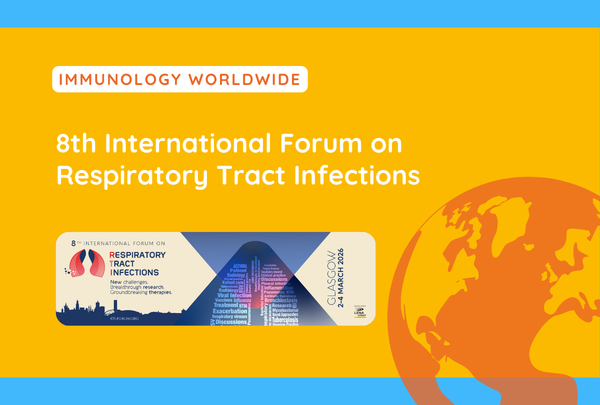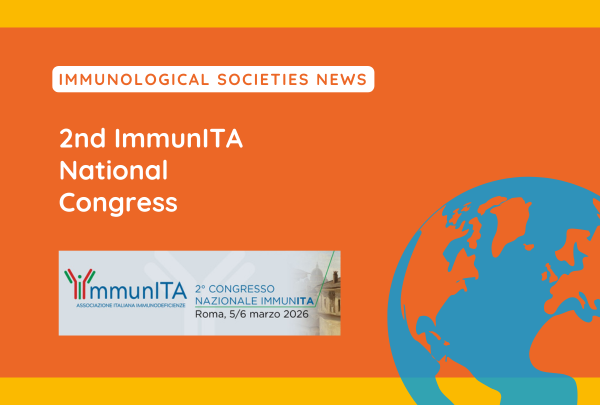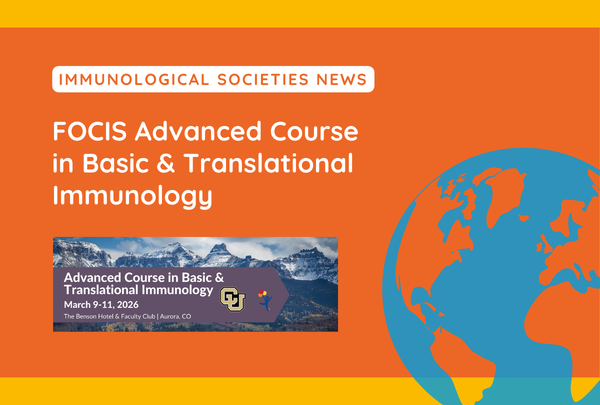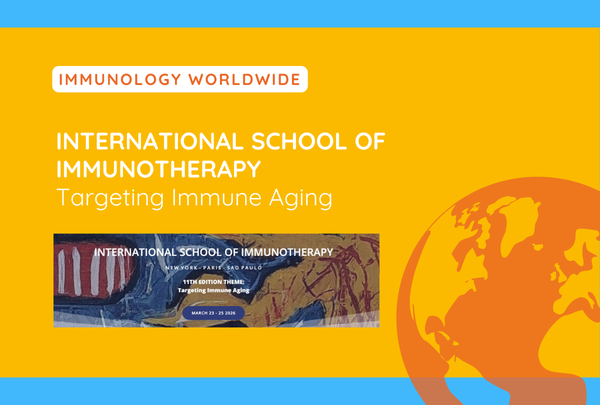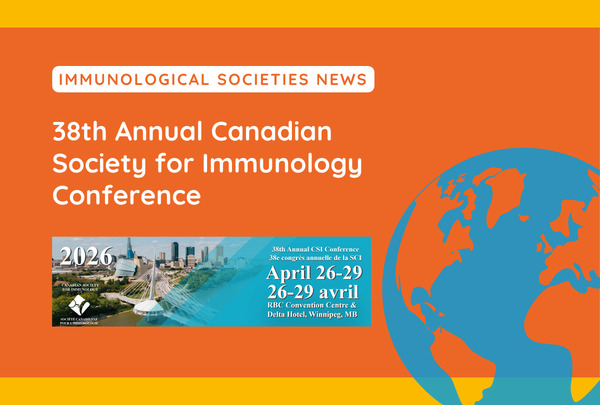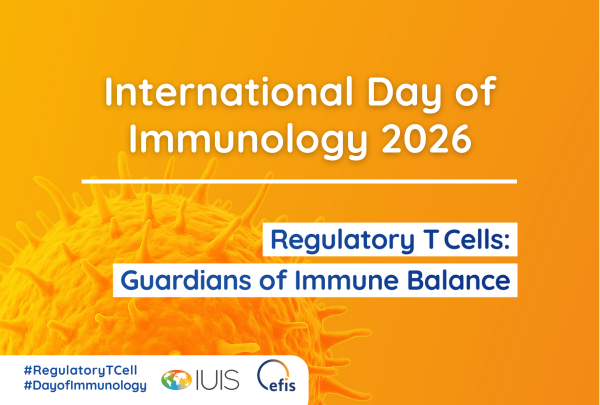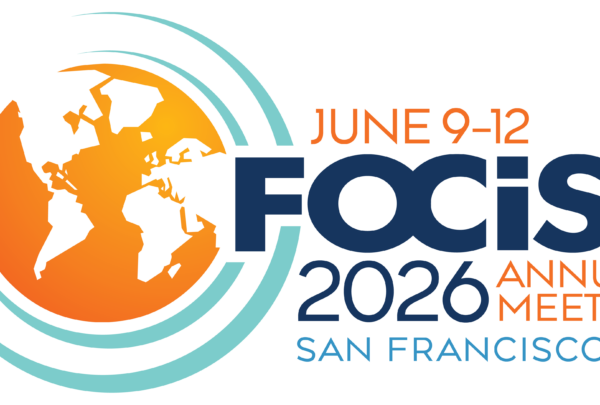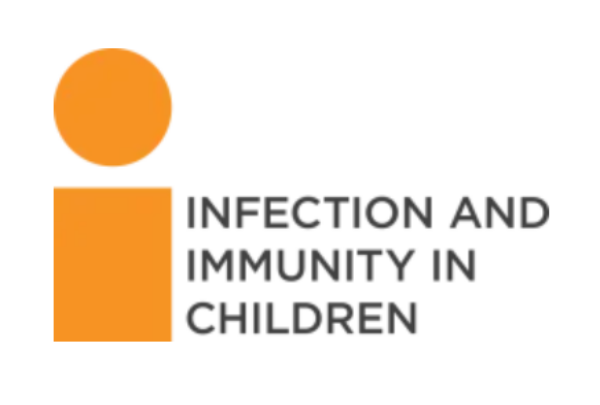Presenter
Professor Kate Schroder heads the Inflammasome Laboratory (Institute for Molecular Bioscience, Australia), has published >100 articles in top journals, and is the Director of the IMB Centre for Inflammation and Disease Research. Kate’s graduate studies defined novel macrophage activation mechanisms and inflammatory programs. After postdoctoral training with Prof Jürg Tschopp, Kate established the Inflammasome Lab in 2013. Kate’s laboratory is defining mechanisms of inflammasome signalling, antimicrobial defence and inflammatory disease. Kate’s lab co-invented inflammasome inhibitors entering Phase 2 clinical trials as anti-inflammatory drug candidates that are under commercialisation by UQ start-up company, Inflazome (recently acquired by Roche).
Moderator
Fernando Martínez Estrada is a Lecturer in Innate Immunity based at the University of Surrey. Fernando works with macrophages to study disease pathogenesis and to identify new avenues to interfere with their deleterious properties. Macrophages are present in all tissues, numerous, and their role in inflammation is primarily controlled by modulation of their gene and protein repertoire. The transcriptome of macrophages holds the key to the fundamental question in macrophage pathobiology and inflammatory medicine: how to inactivate and reprogramme the macrophage. Fernando’s areas of expertise are macrophage cellular and systems biology (isolation-culture, gene and proteomic signatures, microarrays, proteomics, functional analysis), regulation of macrophage activation, and modern pathology. The application of his research allows re interpretation of conventional paradigms and proposals of new ways of understanding disease and potential treatments.

